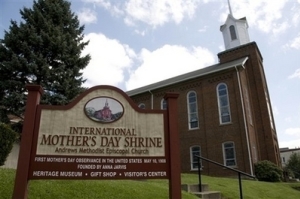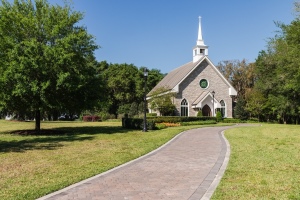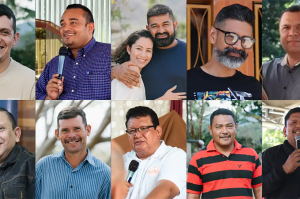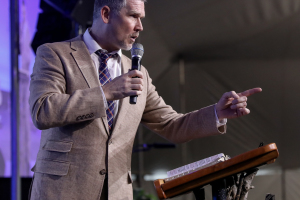Transgender People Attend Church More Than Heterosexuals, Survey Claims
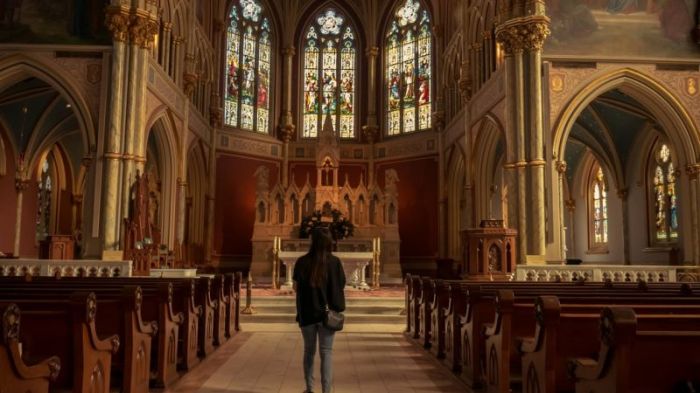
A new study released this week shows that nearly half of transgender people who identify as Christians call themselves "evangelical" and "born again" and are the group most likely to attend religious services regularly.
The dataset, titled, Cooperative Congressional Election Study offers, in the words of Denison University's Paul A. Djupe, an affiliate scholar with Public Religion Research Institute, "an unparalleled view at the gender identity and sexuality of Americans and American religion."
Working with a sample size of 65,000 that included people who identify as all kinds of sexual identities, 1,041 identified as transgender and 4,737 identified as either gay, lesbian or bisexual.
While it is easy to assume that in light of the bitter culture wars over gay marriage and transgender rights that the LGBT and religious communities are more separated than they are, a bigger picture exists, Djupe points out.
"LGBT Americans are not irreligious and they are spread around the many religious traditions in the United States, especially but not nearly exclusively in non-Christian and non-religious groups," Djupe wrote.
According to the survey, the percentage of transgenders who identify with some kind of religious faith is smaller than the general population. But for those who identify with Christianity, 44 percent of transgender respondents say they as either "born again" or "evangelical," larger than the 30 percent of heterosexuals that identify as such.
Transgenders are also more likely to attend church and religious services more than heterosexuals, gays, and lesbians, with an attendance rate average of once or twice a month.
"Heterosexuals average attending just over "a few times a year," while gay men attend just under that mark," the findings show.
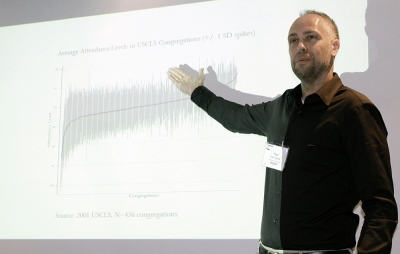
"Lesbians attend at a slightly higher rate than gay men and are indistinguishable from bisexuals," Djupe continued. "The highest attendance rates are among transgender Americans who attend just above 'once or twice a month.'"
Similar results exists between the groups regarding the frequency private prayer, "though transgender Americans do not pray at distinguishably higher rates from others." Both average "a few times per week."
Djupe noted the difficulty of studying small groups in America without many large-sample-size surveys.
"There are so many followup questions to ask about the link between religious identity and political identities and behavior. But this, at least, gives us a great platform on which to start those quests," he wrote.

















